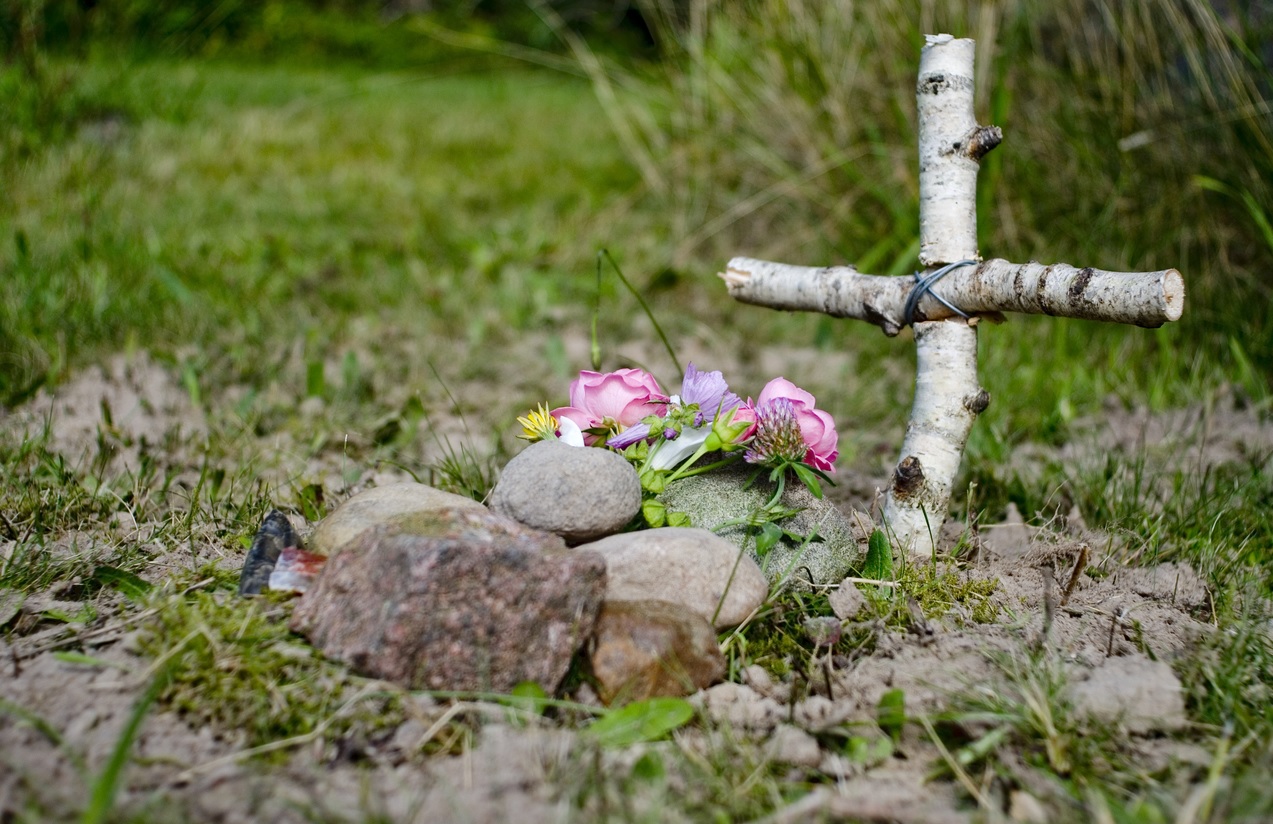Brazil has been the world’s leader in environmentalist killings in the last decade. Of the 1,733 deaths of environmental defenders recorded around the globe from 2012 to 2021, 342 occurred in the country – almost 20% of the total.
The data are from Global Witness, a UK-based NGO that monitors the situation of people who are killed for protecting their territories and natural resources. The balance, released on Thursday, September 29, is part of the annual report published in 2012.
According to the survey, more than 85% of the murders in the period happened in the Amazon. Most of the victims were indigenous or black.

“This says a lot about the situation of environmental defenders in Brazil, about the situation of violence to which they are exposed,” commented Marina Comandulli, a Brazilian member of the Global Witness team, in an interview with DW Brazil.
Over the decade, she adds that the increased pressure on natural resources and the dismantling of Brazilian institutions that work in human rights may have influenced the country to obtain this sad international mark.
After Brazil, Colombia (with 322 deaths), the Philippines (270), and Mexico (154) are the countries considered the most violent for environmentalists in the last decade.
The situation, however, may be worse than reported. “Data on murders do not capture the true scale of the problem. Within some countries, the situation for defenders is difficult to assess, with restrictions on press freedom and a lack of independent monitoring often leading to underreporting,” the NGO warns.
A TASK THAT COSTS LIVES IN BRAZIL
The main source of information in Brazil is the Pastoral Land Commission (CPT). The organ has been monitoring violence in the countryside for decades and, since 1985, has published its annual survey to the general public.
Ronilson Costa, from CPT’s national coordination, sees relations of the serious Brazilian situation in a more global context.
“The international logic of the division of labor has placed the country as a mere producer of commodities, mainly agricultural and mining commodities. These are sectors that demand continuous land expansion. And this expansion occurs over territories that have already been occupied for centuries”, Costa analyzes.
It is in the name of this land dispute that, all of a sudden, traditional communities such as indigenous and quilombolas are seriously threatened, as demonstrated by several cases collected over the years by CPT.
Among them are the deaths of Maria José Rodrigues, 78, and her son, José do Carmo Correa Junior. They were crushed by a palm tree felled by a tractor while they were collecting babassu coconuts in Penalva, Maranhão, in November 2021.
The tractor driver was cutting down an area already secured for the traditional community, which was being invaded by a farmer who, according to the residents’ complaint, intended to plant grass on the land.
“In general, the communities resist these invasions because they see their ways of life, their relationship with the environment, and their territories threatened. It is terrible to think that it is so dangerous to defend the land, life, and the environment, that this becomes a task that costs someone’s life,” Costa laments.
The weakening by Jair Bolsonaro’s government of the environmental inspection and human rights defense agencies in the last four years, such as the Brazilian Institute for the Environment and Natural Resources (Ibama), the Chico Mendes Institute for Biodiversity Conservation (ICMBio), and the National Indian Foundation (Funai), points out CPT, aggravated the scenario.
“The absence of the State has become a full plate for criminals,” it adds.
VIOLENT LATIN AMERICA
The 2021 annual report shows Mexico is the most lethal country, with 54 deaths. According to the monitoring, violence has increased in the region recently with forced disappearances and slaughters, mainly victimizing indigenous populations.
Colombia, in second place last year, recorded 33 murders and remained one of the most violent countries in the last decade.
The scenario persists even after the signing of the peace agreement with the Revolutionary Forces of Colombia, Farc, in 2016, which ended 50 years of conflict.
In Brazil, third in the ranking in 2021, records show an increase in deaths from 20 to 26 over the previous year.
“Latin America has alarming numbers. The region accounts for three-quarters of the numbers that make up the report. It shows that it is a problematic region,” Comandulli analyzes.
Among the hypotheses that could explain this characteristic is that in the region, rich in natural resources, reserves of interest to large companies are on indigenous lands, territories occupied by traditional communities, and family farmers.
“We see that the companies try to expel these people. There is also corruption in the countries where companies benefit by developing links with politicians. And, of course, impunity. It sends a message to criminals that they can continue their activities because there is no punishment”, Comandulli comments.
A CPT survey that is still being investigated shows that, since 1985, of the 1,536 murders in the countryside registered by the entity, only 47 have been tried.
Of these, 39 commanders and 139 executioners were convicted. “Impunity is a prize for executioners,” laments Costa.
COMPANIES SHOULD ADOPT MEASURES
According to Global Witness, companies all over the world should act to curb the killings and threats to environmental defenders. Among the recommendations is the implementation of mechanisms that prevent the violation of human and environmental rights.
“Company policies should explicitly include protocols to safeguard the rights of land and environmental defenders,” the report notes.
In this direction, a bill under discussion in the European Union (EU) wants companies operating in the continent to be more rigorous in assessing the impacts of their activities on people and the planet.
If approved, the legislation will require companies operating in the EU to identify and prevent such violations, with the possibility of being penalized by the courts in case of non-compliance.
With information from G1

